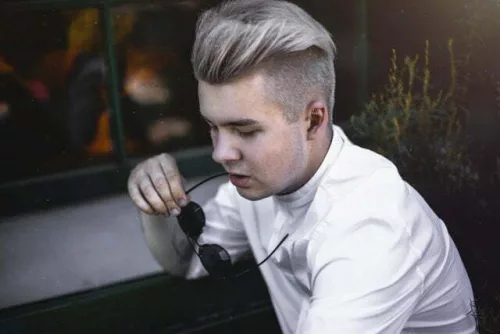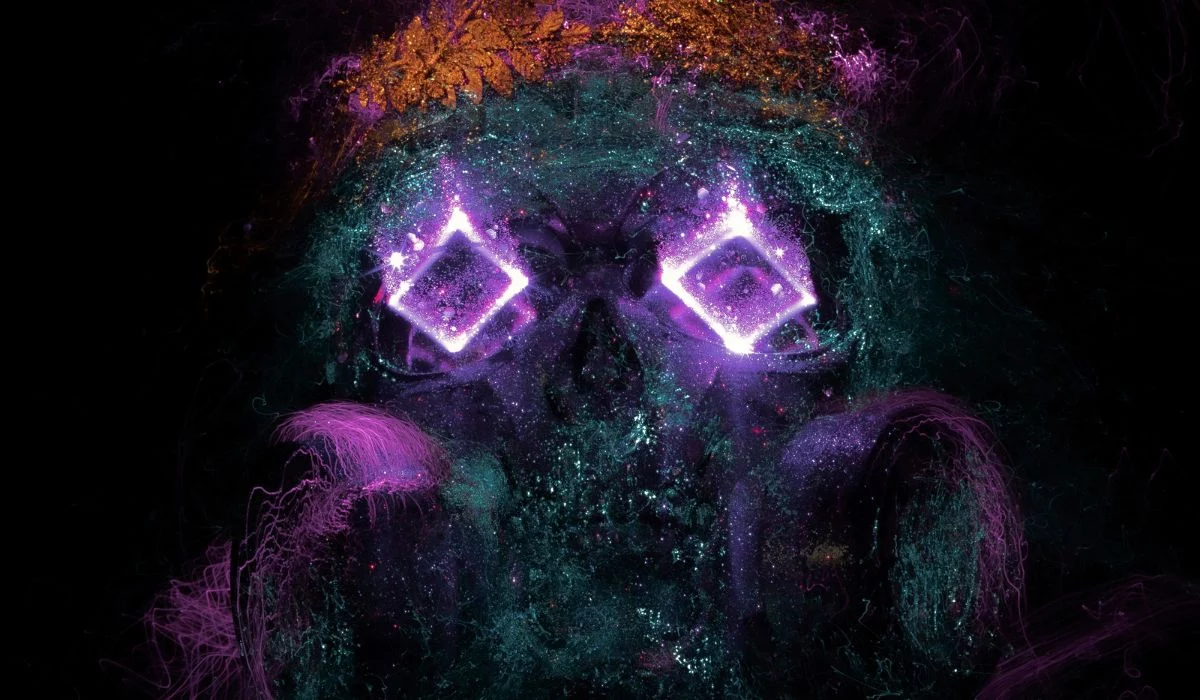Is the NFT industry ripe for producing the next blockbuster film or TV series? At this week’s Mainnet conference, Anatoly Yakovenko, co-founder of Solana and CEO of Solana Labs, told Decrypt that he thinks NFT efforts could lead to major IP in the decades to come.
The next Marvel or Disney, Yakovenko predicted, “is definitely happening right now out of these NFT setups.”

He noted that tokenized assets can serve as the foundation for a wide variety of innovations, and that NFTs are the “dominant, breakthrough use case” for Web3 technology right now.
He continued, “The possibilities are unlimited,” and this is, in my opinion, the perfect place to zero-to-one a brand, a new story, or new lore for whatever you want—games, movies, IP, franchises, whatever you want. Despite its infancy, the situation is extremely promising.
Some of the most sought-after artefacts from the Bored Ape Yacht Club and CryptoPunks series have sold for millions of dollars individually, and Axie Infinity has seen NFT trading volume of billions of dollars.
Tokens based on the NFT blockchain can represent ownership of everything from profile photographs to virtual items in video games. Despite the recent crypto market crisis in May affecting NFT sales and prices, the market generated $25 billion in trading volume in 2021 and continued that booming pace into 2022.
Also Read: Top Web3 Game Development Firms in NYC, USA
While many large-scale NFT projects that involve hundreds of thousands of individual profile photographs may appear similar at first glance, there are important differences in the commercial rights granted to project holders.
For instance, members of the Bored Ape Yacht Club can use their NFTs to make and sell works of art and other projects that incorporate their own privately held photos. Apparel, alcohol and cannabis packaging, restaurants, and even virtual bands have all been produced using these rights.
Meanwhile, Doodles maintains ownership of its commercial rights, allowing the founding team to promote the brand in the traditional sense. Instead, Nouns takes a “no rights reserved” or open-source approach, meaning that anyone, including those who don’t purchase the expensive NFTs, is free to use, edit, and sell any of the project’s imagery.
If Yakovenko is right, it will be interesting to watch which model prevails: one in which holders (or the general public) can do whatever they want to spread the IP, or one in which the original authors retain control of the project.
Also Read: Ford and Jack Daniels Are Now Using NFT
Solana is the second-largest platform for NFTs behind Ethereum in terms of trading volume, and it has sprouted valuable ventures like DeGods, Okay Bears, and Solana Monkey Business, all of which Yakovenko had a hand in creating.
He compared the ascent of NFTs to the development of online forum communities in the 1990s, which in turn gave rise to the social media platforms of the 2000s and the giants of today. Is it possible for an early NFT initiative to grow into a big franchise over the following couple of decades? It’s Yakovenko’s opinion.
“I don’t know which direction it’s going to go, but it genuinely feels like you’re looking at bulletin boards in the ’90s,” he added. It’s really, extremely hard to tell which ones are going to be Friendster, MySpace, or Facebook, but it’s safe to say that some of them will be.




